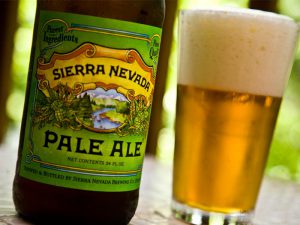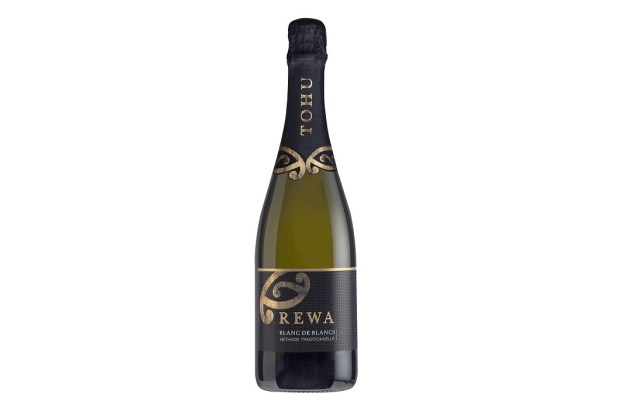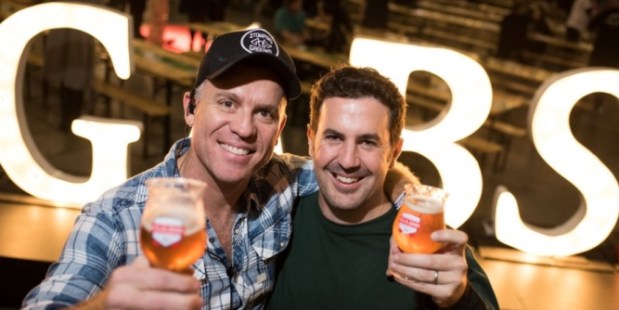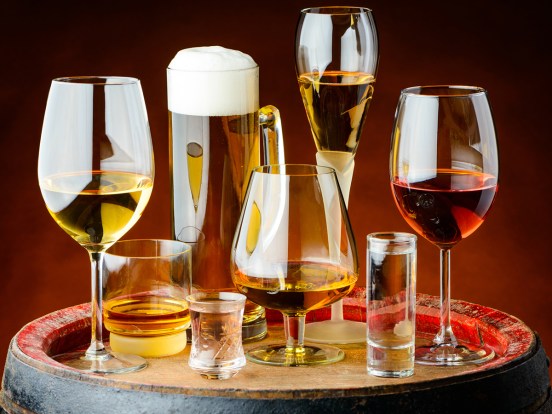 American beer writer Adrienne So has penned a thoughtful article about the growing prominence of hops in craft beer. She clearly has mixed feelings on the issue, as do many in the New Zealand craft beer industry. Here are highlights from the first part of her article:
American beer writer Adrienne So has penned a thoughtful article about the growing prominence of hops in craft beer. She clearly has mixed feelings on the issue, as do many in the New Zealand craft beer industry. Here are highlights from the first part of her article:
“As a beer writer, I often find myself preaching the word about craft beer to people who don’t want to hear it. There are a lot of Bud Light fans and people who’d rather sip a zinfandel, even in the craft beer capital of the world, Portland, Ore., where I live. So when a homebrewer friend recently decided to visit my husband and me from Tennessee, I was excited to spend time with a kindred spirit, someone with whom I could share my favorite brews without having to make a hard sell. The first brewery I took him to was Hopworks Urban Brewery, where I ordered us a pitcher of the Velvet English session beer.
After a few sips, I noticed that he had pushed away his glass. “I’m sorry, guys,” he said when he noticed our puzzled expressions. “This is just way too hoppy for me.”
I was floored. Session beer is light and drinkable — it’s called session beer because you’re supposed to be able to drink several over the course of a drinking session without ruining your palate. If one of my favorite session beers was too hoppy and bitter for an avid beer drinker — for a homebrewer who is currently brewing beer to serve at his own wedding — what would he think of the famed Pacific Northwest IPAs? Do friends let friends drink only pilsners?
That’s when I realized that I had a problem. In fact, everyone I know in the craft beer industry has a problem: We’re so addicted to hops that we don’t even notice them anymore.
Hops are the flowers of the climbing plant Humulus lupulus, a member of the family Cannabaceae (which also includes, yes, cannabis), and they’re a critical ingredient in beer. Beer is made by steeping grain in hot water to turn its starches into sugar (which is later converted to alcohol by yeast). While the resulting liquid, called wort, is boiling, brewers add hops to tone down the mixture’s sweetness—without hops, beer would taste like Coke. Recipes usually call for only a few grams of hops per gallon of beer produced, but those little flowers pack a big punch. In addition to their bittering properties, hops impart strong piney, spicy, or fruity flavors and aromas. They also contain antimicrobial agents that act as natural preservatives.
Although they make up a small proportion of the ingredients used in beer, hops command the vast majority of the industry’s passion. Beer geeks have an intensely emotional relationship to hops. We wax poetic about the differences among varieties: the mildness of the Saaz, the bright tang of the exotic Sorachi Ace. In my wanderings through bottle shops, breweries, and beer conferences, I’ve seen hop cufflinks, hop bracelets, hop tattoos. I’m a party to the hop mania: I have hop-scented soap in my shower and hop-and-peppermint foot cream by my bed. I love everything about hops—everything, that is, except for the way that a lot of people conflate hops’ bitter aftertaste with the taste of craft beer itself.
Let’s be clear: Not all craft beer is hoppy. There are many craft breweries that seek to create balanced, drinkable beers that aren’t very bitter at all.
That said, there is some truth in the stereotype that craft beer is hoppy. The beer that more or less launched the contemporary craft beer movement, Sierra Nevada’s flagship pale ale, was, for its time, a supremely hoppy beer. In 1980, when most of the nation’s beers were produced by Anheuser-Busch, Miller, Schlitz, Pabst, and Coors, Sierra Nevada’s pale ale was a revelation. Sierra Nevada founder Ken Grossman added way more hops than most brewers at the time would ever consider using.”
The second part will appear in the newsletter.




